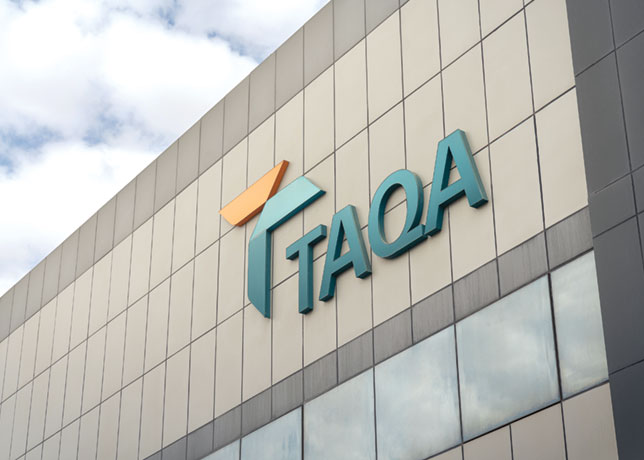
Saudi Arabia’s Vision 2030 is meant to be a roadmap that enhances the Kingdom’s national strengths, including its strategic location, investment strength, and its important position in the Arab and Islamic worlds.
Launched in April 2016 by His Royal Highness Prince Mohammed bin Salman bin Abdulaziz, Crown Prince, Prime Minister, and Chairman of the Council of Economic and Development Affairs, under the guidance of the Custodian of the Two Holy Mosques, King Salman bin Abdulaziz Al Saud, it is built around three primary themes: A vibrant society, a thriving economy, and an ambitious nation.
From these pillars, a total of 96 strategic goals have branched out that will be achieved through multiple programmes and initiatives and undertaken by all stakeholders including the public, private, and non-profit sectors.
Essentially, Vision 2030 has targeted all sectors through revolutionary reforms to achieve comprehensive and sustainable development in the Kingdom of Saudi Arabia.
For example, when it comes to the oil and gas industry, the vision aims to increase the percentage of local content in the industry from 40 per cent to 75 per cent.
The reduction of greenhouse gas (GHG) emissions is also a key objective, and the target is to achieve net-zero emissions by 2060 in addition to generating, at least, 50 per cent of local power consumption from renewable energy sources by 2030.
TAQA, A TRUE BELIEVER IN THE POWER OF SAUDI VISION 2030
TAQA, a Saudi joint stock company, is mainly owned by the Public Investment Fund (PIF). Its other shareholders, which collectively represent almost half of the ownership, are joint stock companies and several private and industrial investors, such as Saudi Aramco Development Company (SADCO), the Arab Energy Fund (formerly Arab Petroleum Investment Corporation), General Organization for Social Insurance (GOSI) and Riyad Bank. Directed by its board of directors and executive management, TAQA has paid unparalleled attention to the Saudi Vision 2030, and has in this regard taken many key decisions and implemented new programmes and initiatives.
To read full article visit OGN website.


















































































